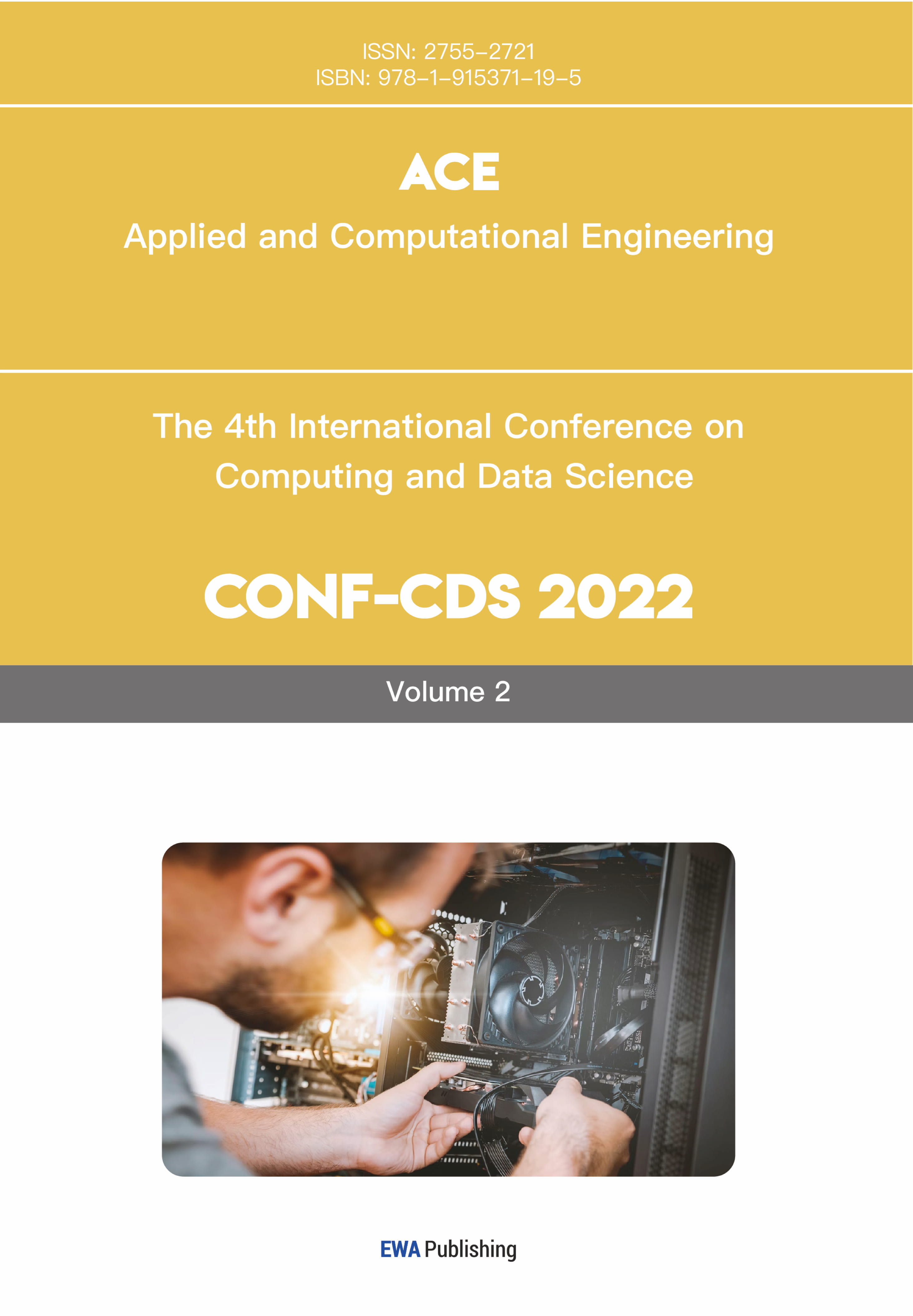References
[1]. Lake, B.M., Ullman, T.D., Tenenbaum, J.B. and Gershman, S.J. (2017) Building machines that learn and think like people. Behavioral and Brain Sciences, 40, e253.
[2]. Shavit, Y., Agarwal, S., Brundage, M., Adler, S., O’Keefe, C., Campbell, R., Mishkin, P., Ahmad, L., Eloundou, T., McMillan, P., Hickey, A., Beutel, A., Lee, T., Slama, K., Passos, A., and Robinson, D.G. (2023) Practices for governing agentic AI systems. Research Paper, OpenAI.
[3]. Jagdale, D. (2021) Finite state machine in game development. International Journal of Advanced Research in Science, Communication and Technology, 10(1).
[4]. Sekhavat, Y.A. (2017) Behavior trees for computer games. International Journal on Artificial Intelligence Tools, 26(02), 1730001.
[5]. Vinyals, O., Babuschkin, I., Czarnecki, W.M., et al. (2019) Grandmaster level in StarCraft II using multi-agent reinforcement learning. Nature, 575, 350-354.
[6]. Berner, C., Brockman, G., Chan, B., Cheung, V., Dębiak, P., Dennison, C., Farhi, D., Fischer, Q., Hashme, S., Hesse, C., Józefowicz, R., Gray, S., Olsson, C., Pachocki, J., Petrov, M., Ponde de Oliveira Pinto, H., Raiman, J., Salimans, T., Schlatter, J., Schneider, J., Sidor, S., Sutskever, I., Tang, J., Wolski, F., and Zhang, S. (2019) Dota 2 with large scale deep reinforcement learning. arXiv preprint, arXiv: 1912.06680.
[7]. Acharya, D.B., Kuppan, K. and Divya, B. (2025) Agentic AI: Autonomous intelligence for complex goals – A comprehensive survey. IEEE Access.
[8]. Pati, A.K. (2025) Agentic AI: A comprehensive survey of technologies, applications, and societal implications. IEEE Access.
[9]. Pati, A.K. (2025) Agentic AI: A comprehensive survey of technologies, applications, and societal implications. IEEE Access.
[10]. Adams, S., Cody, T. and Beling, P.A. (2022) A Survey of Inverse Reinforcement Learning. Artificial Intelligence Review, 55(6), 4307-4346.
[11]. Maldonado, D., Cruz, E., Torres, J.A., Cruz, P.J. and Benitez, S.D.P.G. (2024) Multi-Agent Systems: A Survey about Its Components, Framework and Workflow. IEEE Access, 12, 80950-80975.
[12]. Durante, Z., Huang, Q., Wake, N., Gong, R., Park, J.S., Sarkar, B., Taori, R., Noda, Y., Terzopoulos, D., Choi, Y., Ikeuchi, K., Vo, H., Fei-Fei, L. and Gao, J. (2024) Agent AI: Surveying the Horizons of Multimodal Interaction. arXiv preprint arXiv: 2401.03568.
[13]. SIMA Team, Abi Raad, M. et al. (2024) Scaling Instructable Agents across Many Simulated Worlds. arXiv preprint arXiv: 2404.10179.
[14]. Jørgensen, N.H., Tharmabalan, S., Aslan, I., Hansen, N.B. and Merritt, T. (2025) Static vs. agentic game master AI for facilitating solo role-playing experiences. arXiv preprint arXiv: 2502.19519.



